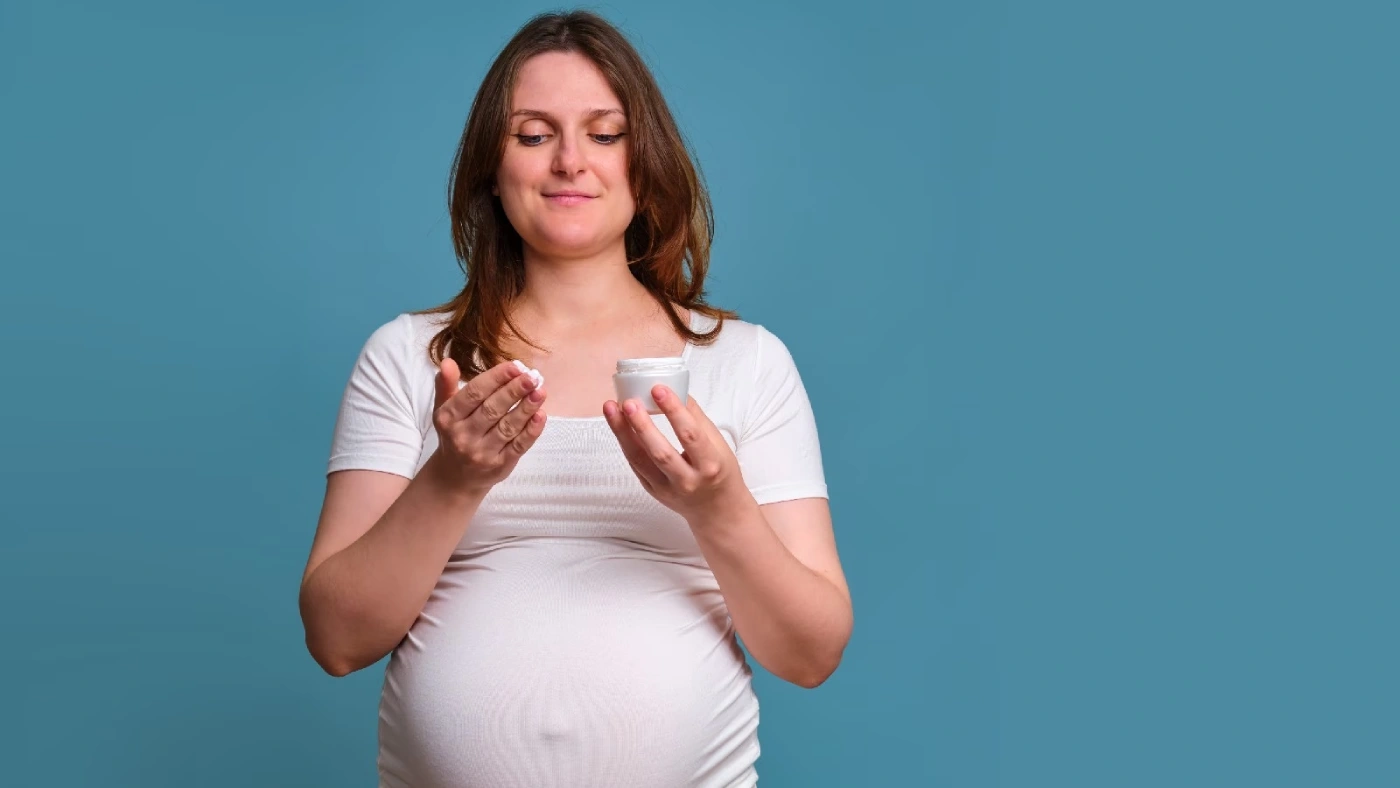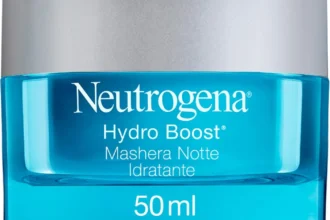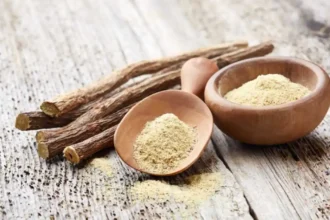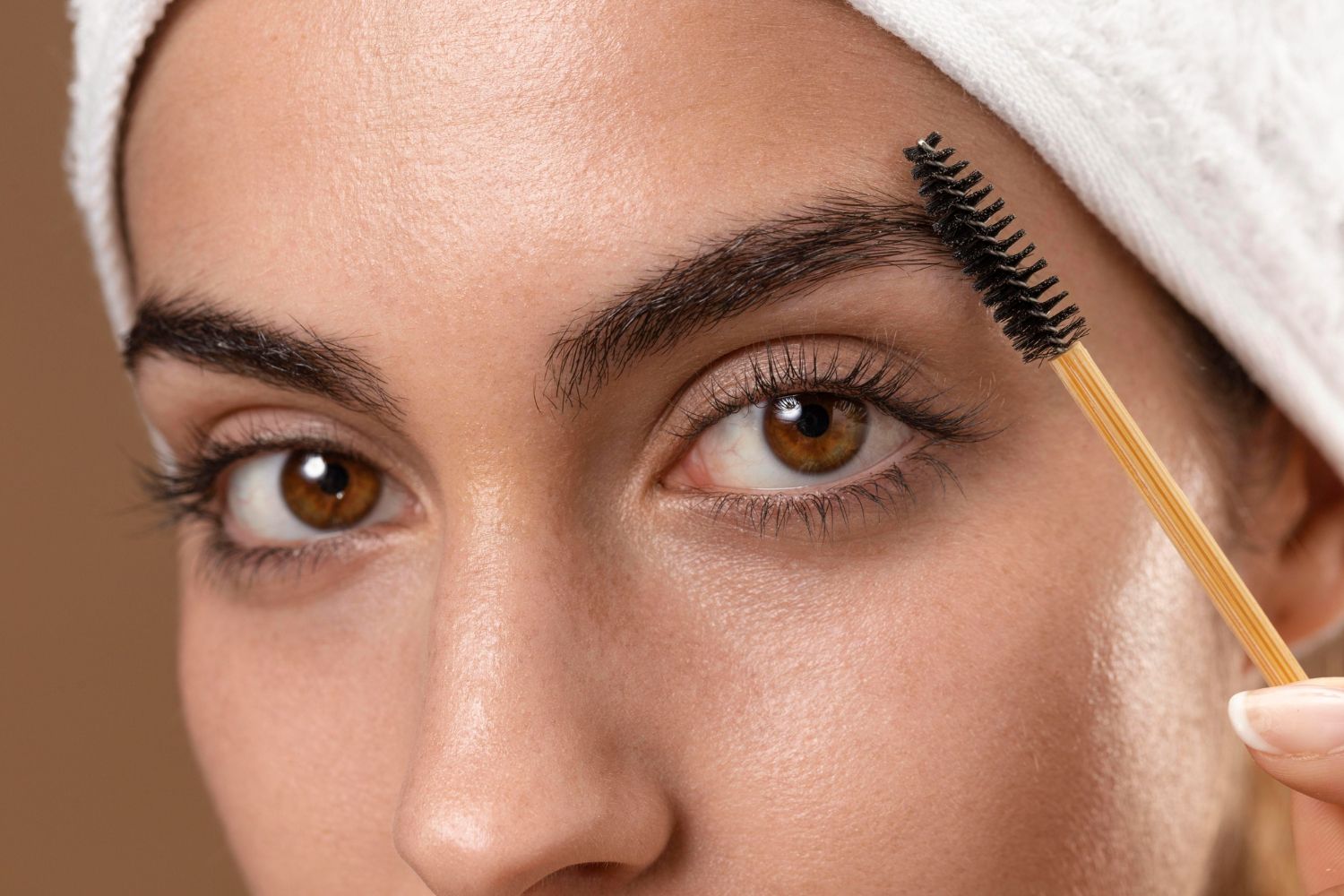Seeking professional dermatological advice, we intend to shed light on the safety and efficacy of hyaluronic acid during pregnancy.
Decoding Hyaluronic Acid- Its Composition and Functions
Hyaluronic acid is a water-loving molecule naturally occurring within our bodies. Ushering in its remarkable ability to hold water up to 1,000 times its weight, hyaluronic acid plays a pivotal role in maintaining bodily hydration due to its extraordinary water-retention prowess. As a matter of fact, the hyaluronic acid present in your skin alone accounts for an impressive 50% of hydration.
Owing to its potent hydrating ability, hyaluronic acid has seen ubiquitous incorporation in skin care products, from moisturizers to serums, night creams, sheet masks, and even lip balms. Rachel Nazarian, MD, a board-certified dermatologist from Schweiger Dermatology Group explains, “Hyaluronic acid is a natural body component, primarily working to keep the skin well-hydrated and moisturized from within.”
However, with age, you might experience a decline in your body’s hyaluronic acid production, leading to skin that appears drier and less firm. Utilizing products infused with hyaluronic acid may help restore your skin’s moisture. Joshua Zeichner, MD, Associate Professor of Dermatology and Director of Cosmetic and Clinical Research in Dermatology at Mount Sinai, likens hyaluronic acid to a sponge; it absorbs water and conveys it to the outer skin layer to hydrate and plump, thereby encouraging fresher, dewier, and younger-looking skin, and also enhancing its softness.
Is Hyaluronic Acid during Pregnancy a Safe Option?
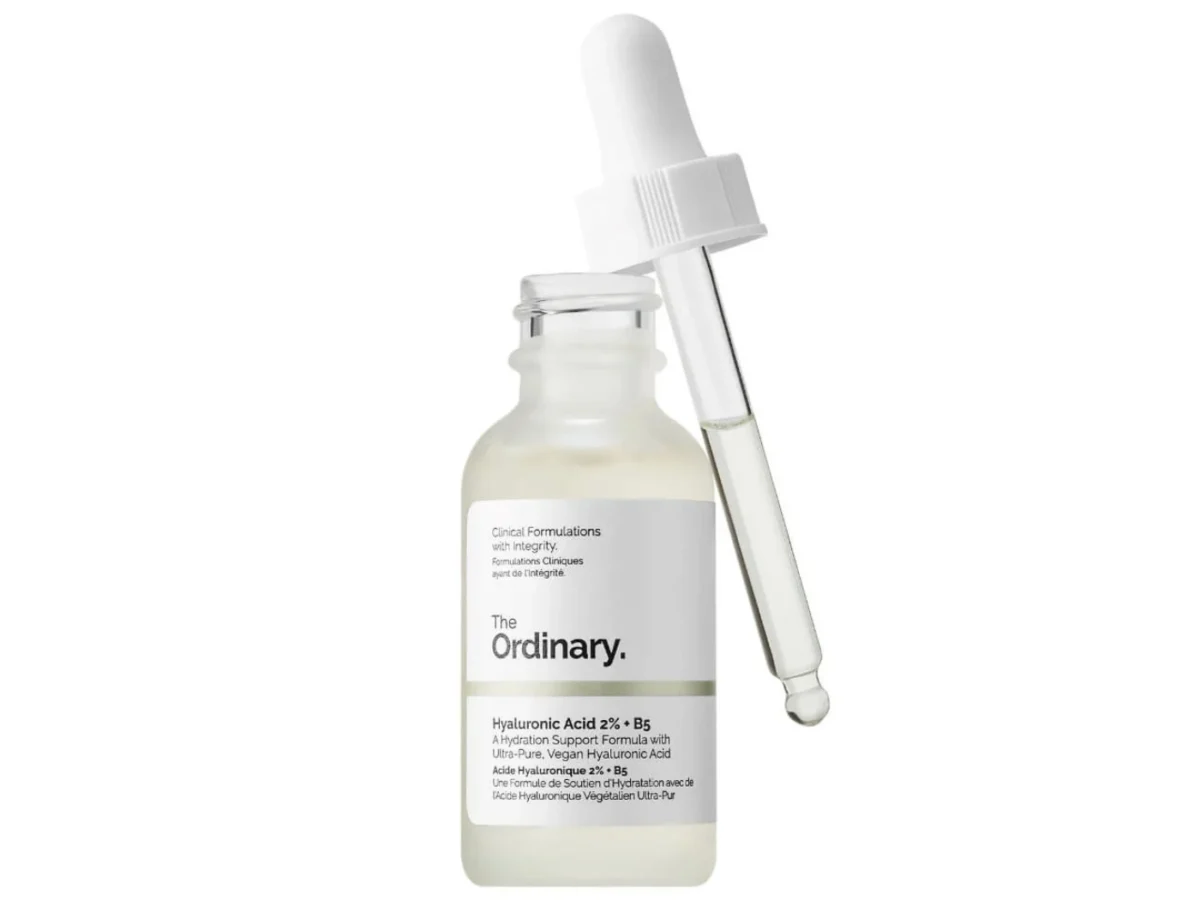
Navigating these concerns, we reach out to board-certified dermatologists to unveil the implications of using hyaluronic acid during pregnancy. Let’s explore its safety as a skincare ingredient for expectant mothers while uncovering its benefits. Brace yourselves, you might just become an admirer of hyaluronic acid after all!
Utilizing Hyaluronic Acid During Pregnancy- Is It a Safe Skincare Choice?
Navigating skincare and deciphering the safety of its ingredients like “hyaluronic acid during pregnancy” might come as a challenge when expecting. To help, we consulted Dr. Nazarian to shed light on this topic. According to her, hyaluronic acid stands as a commendable skincare ingredient for pregnant women and the general population alike. “It’s a safe, natural substance,” she emphasizes, “Perfect for topical applications to enhance skin moisturization without causing fetal harm. Even in high doses, it’s safe!”
Furthermore, Dr. Zeichner concurs: “Hyaluronic acid (HA) is generally deemed safe for use during pregnancy.” Beyond its hydrating prowess, particularly useful for pregnancy and breastfeeding, hyaluronic acid is prone to wide acceptance due to its hypoallergenic nature, making it safe for all skin types, including sensitive skin.
Interestingly, pregnancy can lead to an increase in your body’s natural hyaluronic acid levels. Some research even suggests its potential role in preparing the cervix for childbirth – truly a beneficial molecule! However, remember that each pregnancy is unique. Make sure to have a dialogue with a healthcare professional if you have any concerns about using hyaluronic acid during pregnancy.
Exploring the Benefits of Hyaluronic Acid during Pregnancy
Having established the safe use of hyaluronic acid during pregnancy, let’s delve into its skincare benefits. Dr. Nazarian shares that hyaluronic acid has a calming effect on the skin. “During pregnancy, the skin may dry out, causing itchiness and inflammation,” she says. “This super safe ingredient is beneficial in enhancing the hydration barrier, calming skin, and even reducing fine lines and wrinkles.”
To leverage the full range of benefits offered by hyaluronic acid, look for products with varied HA sizes. Larger molecules are excellent for sealing in moisture, while smaller ones effectively penetrate the skin. Following Dr. Zeichner’s advice, applying hyaluronic acid to damp skin or using damp fingers can facilitate skin hydration, likening it to wetting a sponge. He further underscores the importance of layering a hyaluronic acid serum beneath a traditional moisturizer and using an emollient or occlusive ingredient atop the hyaluronic acid to prevent evaporation.
Hydration
Hyaluronic acid’s primary role? To attract and retain moisture. As a humectant, it draws water towards your skin, supporting the natural moisture barrier. This can get compromised, leading to vulnerability to environmental aggressors and even skin conditions, resulting in moisture loss and skin weakening. Ensuring your skin is adequately moisturized is key to maintaining its health. Plus, hyaluronic acid is generally safe for all skin types, without causing irritation to even sensitive skin.
Anti-Aging
Aging leads to a slowdown in your body’s natural production of hyaluronic acid, rendering you more exposed to skin dryness, volume loss, and sagging. Topical hyaluronic acid combats these signs of aging by imparting the essential moisture your skin craves. UV radiation can speed up skin aging by diminishing the hyaluronic acid in your skin. Supplementing it with HA-rich skincare can arrest further damage or slow down its progression while providing skin protection.
Wound Healing
Another intriguing benefit of hyaluronic acid is its impact on wound healing. It controls inflammation, cleanses wounds, and promotes the growth of new skin cells, again emphasizing the importance of a variety of hyaluronic molecules. Research highlights its effectiveness at improving the appearance of stretch marks, a common concern during the baby-bump growth phase.
Safety Precautions when Using Hyaluronic Acid during Pregnancy
Are there any precautions to take when using hyaluronic acid during pregnancy? The good news – there aren’t many! Save for hand-washing before product application and regularly discarding any old or expired products, you’re all set.
In conclusion, it’s generally safe to use hyaluronic acid during pregnancy. Given its hydrating, anti-aging, and healing characteristics, it’s a beneficial skincare choice. However, always discuss the ingredients with your healthcare provider before incorporating them into your routine.
Understanding Hyaluronic Acid During Pregnancy- Can It Ensure Radiant Skin Safely?
In an evolving world where aesthetic treatments are gaining significant popularity, “hyaluronic acid during pregnancy” has emerged as a popular interest amongst expectant mothers. A procedure aimed at improving skin elasticity and reducing wrinkles, the application of hyaluronic acid is considered safe depending on the method of application.
The Role of Hyaluronic Acid and its Impact on Skin Health
The magic of hyaluronic acid during pregnancy or otherwise lies in its innate ability to bind up to 250 water molecules, due to its unique chemical properties. Found in the intercellular matrix of the dermis, this molecule does wonders for your skin’s elasticity and firmness. The high concentration of hyaluronic acid in younger people’s dermis leads to the skin’s signature smoothness. Belying the process of aging, a noticeable decrease in its content correlates to a drop in bound water, culminating in wrinkles, and lessening skin’s firmness.
Hyaluronic acid, however, is not only a cornerstone for healthy, glowing skin. It is also an inherent part of synovial fluid, having an influential role in maintaining joint health, facilitating proper lubrication, and nutrient distribution, and preventing excessive friction or mechanical damage. Primarily incorporated in injectable treatments, such as microdermabrasion and lip augmentation in aesthetic medicine, it can also be found in a variety of skin creams.
The Safety Net of Hyaluronic Acid During Pregnancy
Pregnancy, as unique and delicate a phase it is, restricts the use of many chemicals and medicines, with hyaluronic acid during pregnancy entering this gray area as well. While injectable treatments, including those of hyaluronic acid, are strongly advised against during this period, the usage of this substance isn’t entirely off the table.
During pregnancy, topical applications of hyaluronic acid in the form of serums, lotions, or creams prove to be a safe alternative. However, hypersensitivity to any of the product ingredients would be a reason to refrain from its usage. On the brighter side, using cosmetics enriched with hyaluronic acid can offer tangible benefits such as extensive skin moisturization, soothing of potential irritation, reduction in discoloration, and strengthening of the skin’s natural protective barrier.
Pregnancy is an individual journey, and any new product usage should be preceded by consultation with a gynecologist. Addressing any lingering queries about hyaluronic acid during pregnancy with a healthcare expert is the best way to ensure safety and benefits.
Read more: Is vicks inhaler safe during pregnancy




